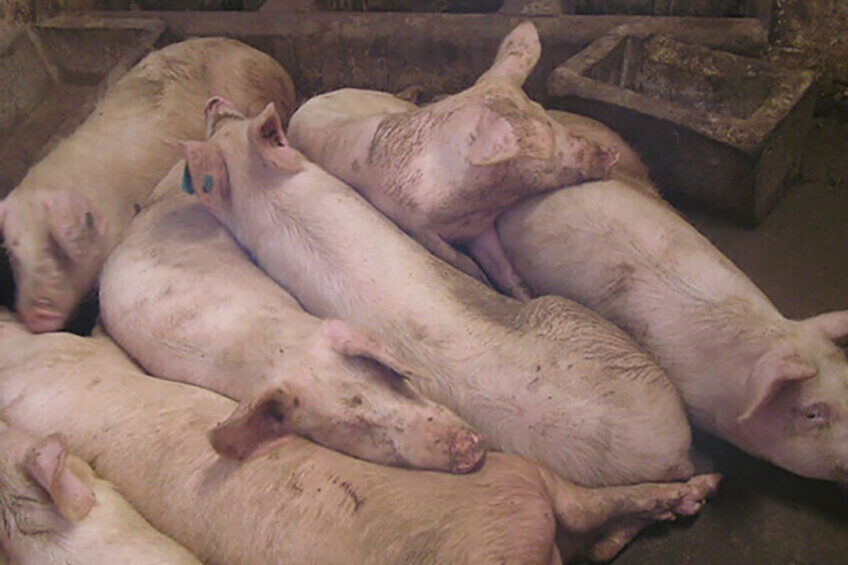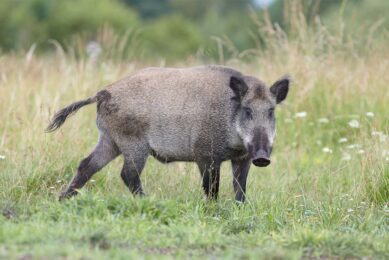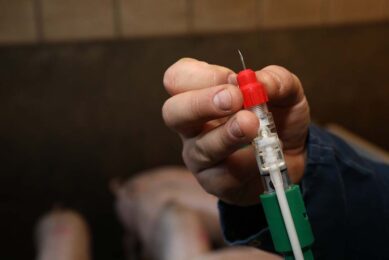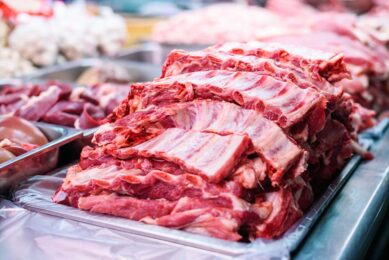ASF entry into US through (air)ports still a threat

The US Customs and Border Protection (CBP) seized products that may have contained pork infected with African Swine Fever (ASF) or other diseases twice in the past 4 weeks alone.
ASF has so far been kept at bay from North America. As CBP states, “the introduction of ASF could potentially cripple the US pork industry, which is annually valued at billions of dollars.”
In early August, a traveller from Vietnam to San Fransisco was found to be in possession of 4 prohibited pork products. Vietnamese pork products are flagged by the CBP for risk of both ASF and Swine Vesicular Disease.
Similarly, pork products from Hong Kong are prohibited entry into the US due to risk of these 2 diseases plus Classical Swine Fever (except if products have an applicable US Department of Agriculture Veterinary Services permit). However, between August 20 to 28, CBP stopped 13 shipments of Hong Kong pork at the port of entry of Louisville, KY, being shipped from a company in Hong Kong to its location in New York.
Each shipment contained prohibited pork items, with some also containing poultry products and other prohibited food. In total 1,104 pounds of pork (about 500 kg) were seized and all products were safely destroyed.
Forum held recently
The US Department of Agriculture just held its third North American African Swine Fever Forum from August 29 to 31 in North Carolina. Those who attended discussed, issue such as the US Protection Zone, readiness for depopulation and disposal, surveillance and laboratory capacity preparedness, and traceability and information management during an outbreak.
PigSpread
In addition, scientists from North Carolina State University have been using a model called PigSpread to look at how a potential ASF outbreak in the southeastern area of the US could lead to further outbreaks. They examined 6 types of transmission, including farm-to-farm pig movements and vehicle movements. In addition, the team also studied degree of probably effectiveness in containing spread of various control actions outlined in the ASF national response plan. The analysis has been published in the journal Preventive Veterinary Medicine.
Thailand
The smuggling of potentially-diseased pork products is also a problem in many other countries. Recently in Thailand, the Thai Swine Raisers Association (SRA) warned that illegal imports have been a problem since at least 2022, with smuggled products apparently having originated in Brazil, Germany and Argentina.
 Beheer
Beheer








 WP Admin
WP Admin  Bewerk bericht
Bewerk bericht